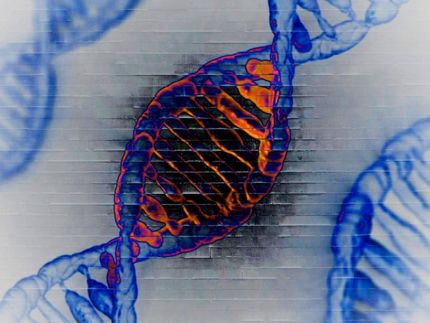Scientists identify first genetic variant linked to biological aging in humans
Discovery has important implications for the understanding of cancer and age associated diseases
Advertisement
Scientists announced they have identified for the first time definitive variants associated with biological ageing in humans. The team analyzed more than 500,000 genetic variations across the entire human genome to identify the variants which are located near a gene called TERC. The study in Nature genetics by researchers from the University of Leicester and King's College London, working with University of Groningen in the Netherlands, was funded by The Wellcome Trust and the British Heart Foundation.
British Heart Foundation Professor of Cardiology at the University of Leicester Professor Nilesh Samani, of the Department of Cardiovascular Sciences, who co-led the project explained that there are two forms of ageing – chronological ageing i.e. how old you are in years and biological ageing whereby the cells of some individuals are older (or younger) than suggested by their actual age.
He said: "There is accumulating evidence that the risk of age-associated diseases including heart disease and some types of cancers are more closely related to biological rather than chronological age.
"What we studied are structures called telomeres which are parts of one's chromosomes. Individuals are born with telomeres of certain length and in many cells telomeres shorten as the cells divide and age. Telomere length is therefore considered a marker of biological ageing.
"In this study what we found was that those individuals carrying a particular genetic variant had shorter telomeres i.e. looked biologically older. Given the association of shorter telomeres with age-associated diseases, the finding raises the question whether individuals carrying the variant are at greater risk of developing such diseases"
Professor Tim Spector from King's College London and director of the TwinsUK study, who co-led this project, added: "The variants identified lies near a gene called TERC which is already known to play an important role in maintaining telomere length. What our study suggests is that some people are genetically programmed to age at a faster rate. The effect was quite considerable in those with the variant, equivalent to between 3-4 years of 'biological aging" as measured by telomere length loss. Alternatively genetically susceptible people may age even faster when exposed to proven 'bad' environments for telomeres like smoking, obesity or lack of exercise – and end up several years biologically older or succumbing to more age-related diseases. "























































